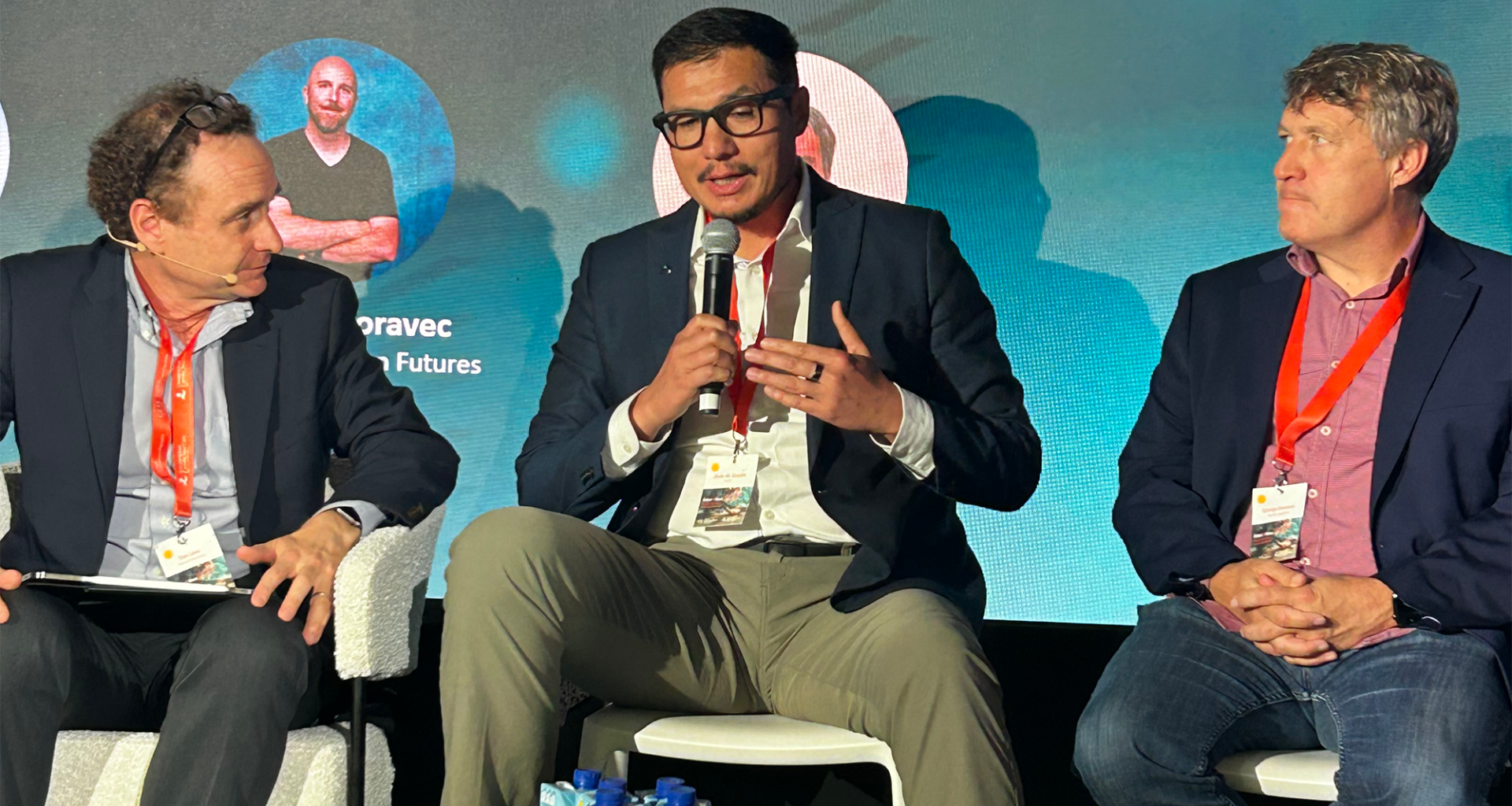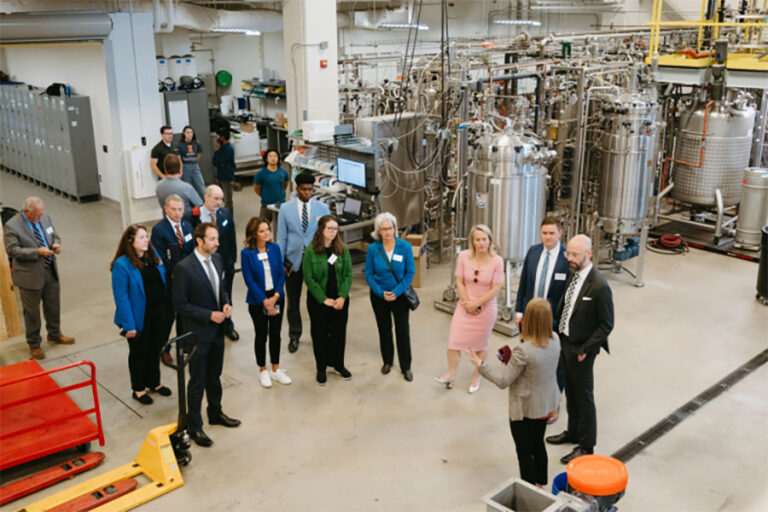In the ever-accelerating race towards a digitized reality, Alvin Wang Graylin’s book “Our Next Reality: How the AI-powered Metaverse will Reshape the World” emerges as a crucial guide. Co-authored with Rosenberg, the work delves into the not-so-distant future of artificial intelligence and virtual reality—a reality where our digital and physical worlds may not just intersect, but merge.
In a world brimming with speculative fiction and hyperbole about AI, Graylin’s book provides a grounded, pragmatic look at what the next five to ten years could hold, advocating for a unified approach to AI development to avert a dystopian slide.
Graylin, with a pedigree that blends substantial stints at HTC, Intel, and as a torchbearer in various global VR alliances, brings more than just expertise to his narrative; he brings lived experience and a palpable urgency to navigate the looming technological precipice responsibly. His book does not merely predict; it prepares. Aimed at policymakers and corporate leaders, it serves as a call to arms, or perhaps more aptly, a blueprint for building a future where technology enhances rather than undermines human society.

For how long do you anticipate the book will remain relevant given the pace of change?
The book is designed to stay relevant over the next decade. We’ve aimed to highlight not only the immediate benefits but also the long-term impacts of AI, urging a collective approach over nationalistic competition. The real risks are not just the immediate misuses like deep fakes but the potential for global-scale disruptions if AI is leveraged irresponsibly.
Who is the book intended for and what direction do you believe we’re heading in?
It’s crafted for those at the helm—policymakers and leaders, although accessible enough to educate a broader audience. We’re steering towards a future where AI could either fragment global resources or unify efforts for societal good. The path we choose now will dictate if we head towards a collaborative utopia or a competitive dystopia.
What inspired you to write this book, particularly in the context of education?
Having seen the swift evolution of AI and immersive technologies, the impetus was the imminent transformation they’re about to bring, akin to a new industrial revolution. This book is a clarion call to prepare through education, policy, and innovation, to ensure a societal structure that can embrace this change rather than be upheaved by it.
“We advocate for a global effort to pool resources and expertise to develop an ethically sound, universally beneficial super AI.”
Alvin Wang Graylin, author ‘Our Next Reality’
How does the book align with your role as VP Global at HTC?
It paralleled my responsibilities at HTC, reflecting the urgency to address these forthcoming changes. This isn’t just academic; it’s about shaping the reality we will soon inhabit, making sure we’re ready not just technologically but ethically and socially as well.
Graylin’s discourse not only highlights the profound potential of AI and VR but also underscores the necessity of an ethical framework to guide their evolution. His vision is clear: a future where technology uplifts humanity, not one where it leads to its division or downfall.”Our Next Reality” is more than a book; it’s a roadmap to a future that we are all, in one way or another, currently building.









